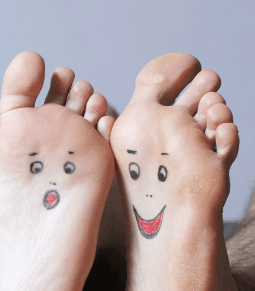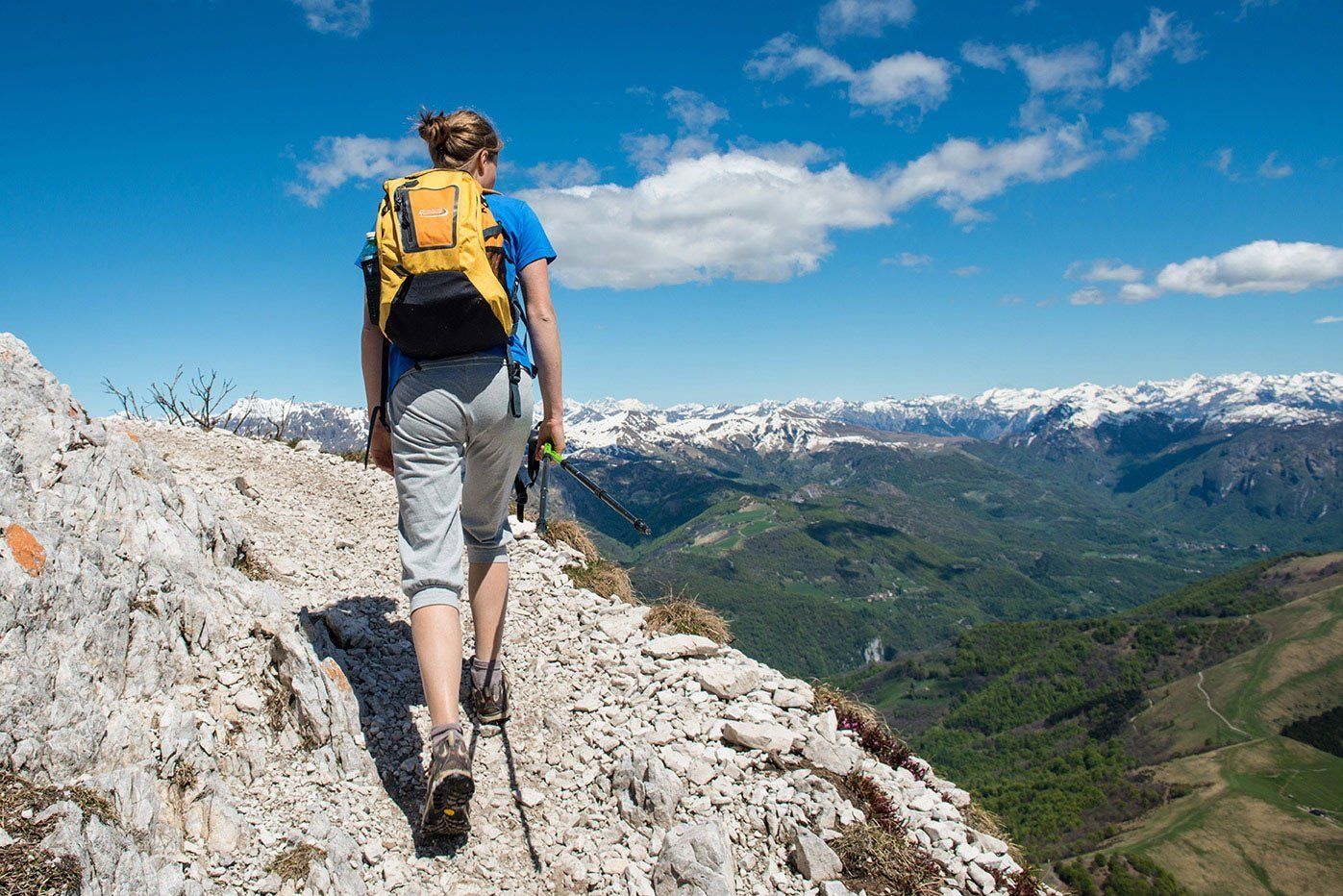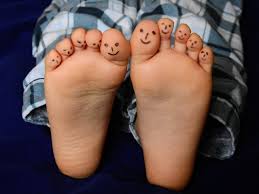Advice from a Podiatrist
-
20 Jul, 2016
The warm summer weather will often call for a trip to the beach! but if you are not careful you can run into trouble:
• Wear shoes to protect your feet from cuts, athletic shoes are much better than flip flops as they provide support and cushioning
• Hot weather can cause your feet to swell, make sure you have plenty of room but not too big for your feet to slop around
• Wear socks to prevent blisters
• Moisturise to prevent rubbing or chaffing
• Don’t walk around bare foot or go in the water if you have cuts and protect against infection with a plaster or dressing especially if you have diabetes or circulation problems
• Protect your feet against sunburn, apply sunscreen to the top and bottoms of your feet
• Sand and hard surfaces can get very hot in the sun, wear shoes to protect against burns
If injuries occur reduce the risk of a small problem becoming a bigger one:
• Sprains – RICE (rest, ice compression and elevate) to relive the pain and swelling, if pain lasts more than a few days or unable to stand seek medical help
• Broken bone – immobilise and attend A & E to prevent further damage
• Bleeding – elevate the leg and apply firm pressure with a dressing if possible directly over the cut. If bleeding does not stop in 20 minutes seek medical help
• Cuts and puncture wounds – remove any foreign objects, clean, disinfect the area and apply antiseptic and a sterile dressing – seek medical help if the wound is large, will not stop bleeding or unable to remove the foreign object or signs of infection
• Blisters – don’t pop a blister but if they burst apply antiseptic and a dressing
• Infection – if you have a wound that is oozing, red or swollen it’s a good chance its infected, soak your feet 4 – 6 times daily in warm salt water (2 table spoons per gallon of water), keep the area covered in-between soaks with a sterile dressing. If you have any red streaks coming away from the wound going up the leg, soreness or a lump appearing behind the knee or in the groin is get professional help immediately. Infections are serious and should be dealt with urgently
• Stings – you can treat some stings yourself but if you have severe pain, trouble breathing or swallowing call 999 and request an ambulance immediately a sever anaphylaxis reaction needs to be treated in hospital. Also call 999 if you are stung on a large part of your body, face or genitals, have chest pain, very young or elderly. If not up-to-date with tetanus shots, a prophylactic dose may be needed. If your rash or pain gets worse or there is signs of infection seek medical help. Remove any large spines or tentacles with tweezers being careful not to touch them yourself with bare hands, any that have gone very deep or are near a tendon or joint may need an x-ray and be surgically removed - If in doubt seek medical help
Symptoms can vary from mid to the extreme with the different type of stings and are not to be taken lightly:
a) Server pain
b) Itching and skin irritation
c) Swelling
d) Numbness or tingling
e) Sweating
f) Nausea and vomiting
g) Headache
h) Feeling faint, weak and dizzy
i) Muscle spasms
j) Abdominal cramps
k) Diarrhoea
l) Tremors (shaking)
m) Seizures – (fits)
n) Shortness of breath
o) Swollen lymph glands
• Treatments - check out NHS Choices website:
http://www.nhs.uk/Conditions/Stings-marine-creatures/Pages/Treatment.aspx






